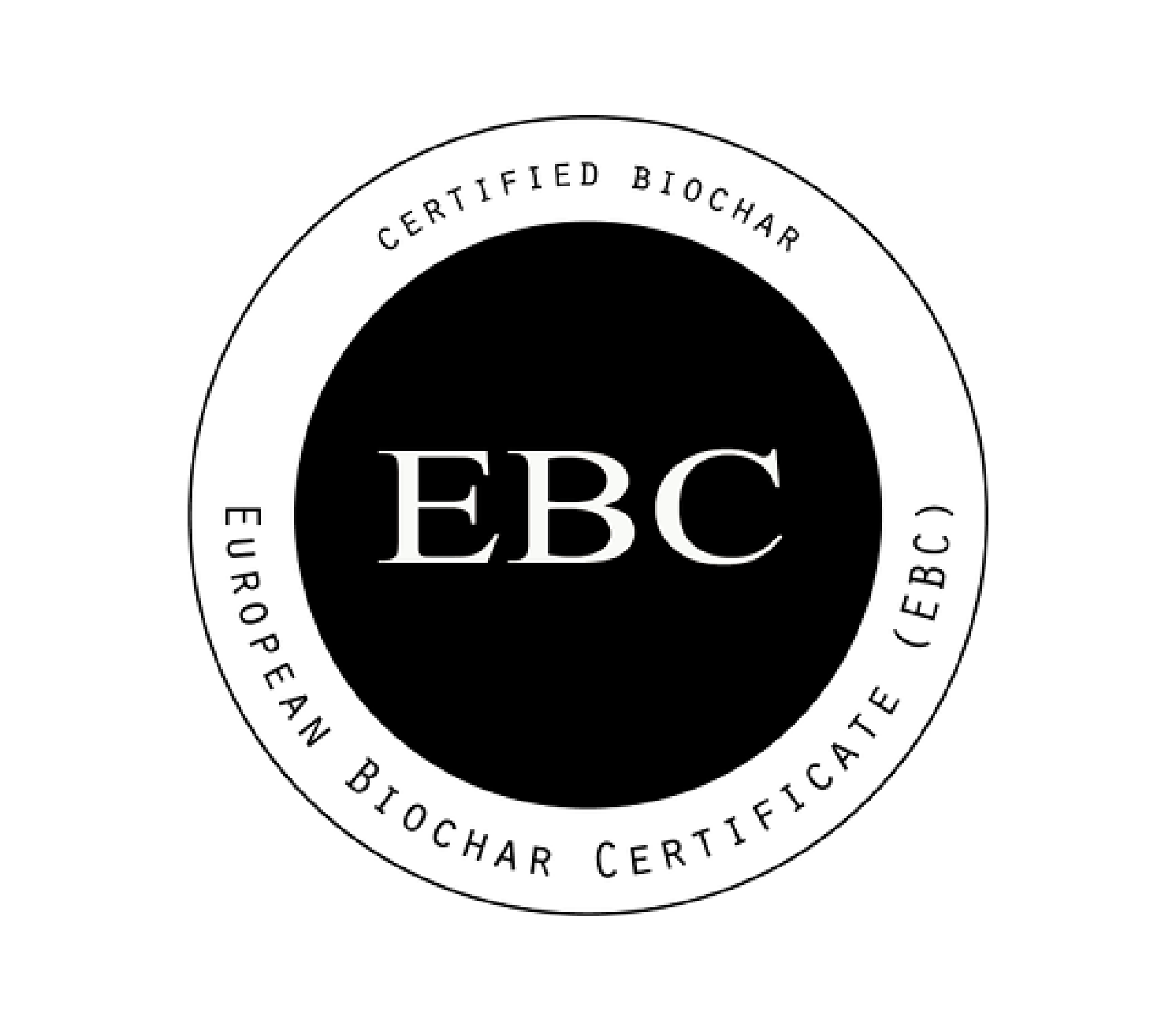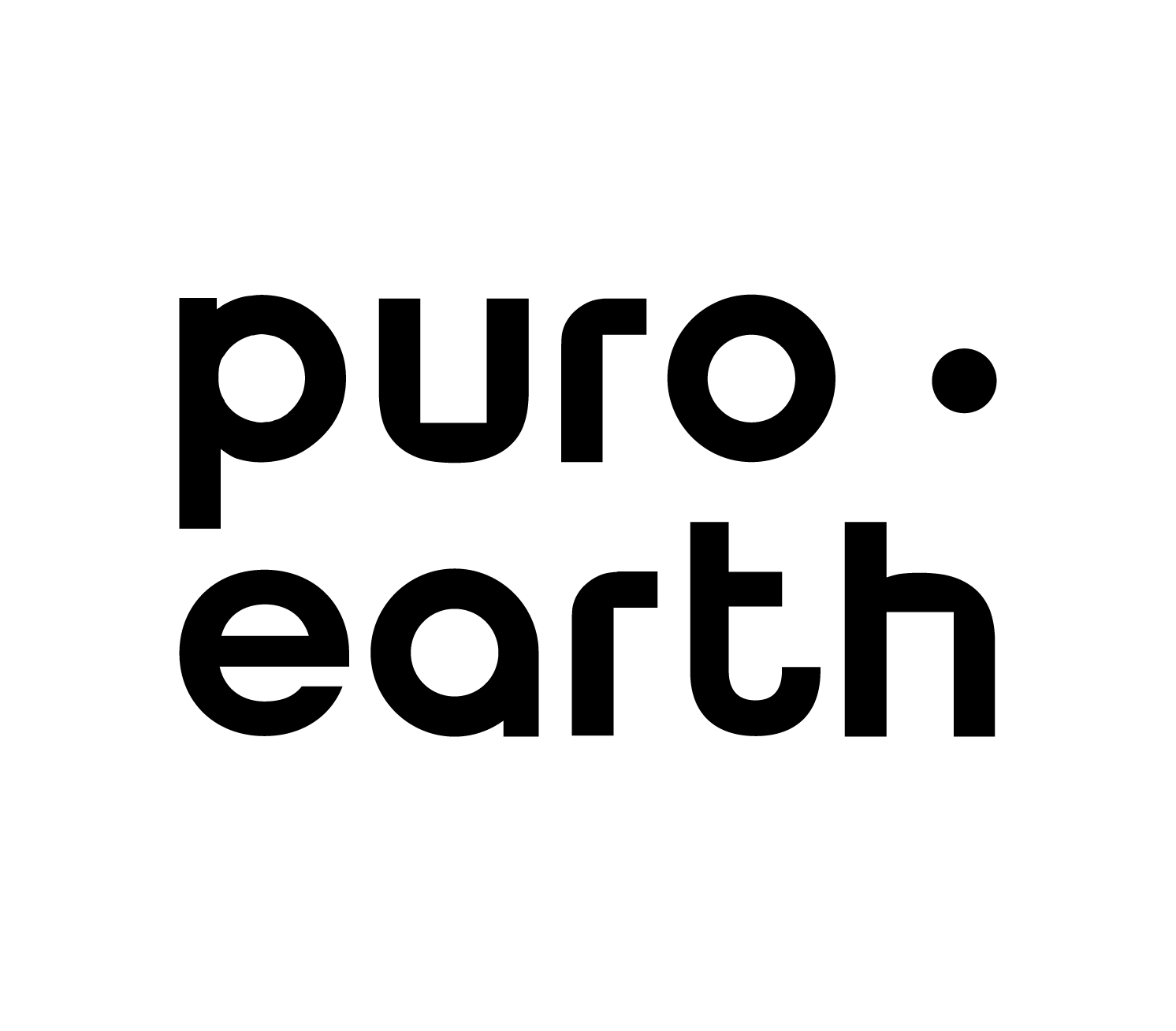Biochar serves as a habitat for beneficial microbes present in compost, promoting a vibrant soil microbiome that supports plant health.
Biochar's porous structure helps retain nutrients in the soil, reducing leaching, while compost provides a rich source of organic nutrients.
The combination enhances aeration, water retention, and soil porosity, leading to healthier root systems.
While compost supplies immediate nutrients, biochar contributes to sustained fertility by improving soil resilience over time.
Biochar locks carbon into the soil, helping mitigate climate change, and compost adds organic matter that decomposes gradually.
Our biochar meets the stringent standards of the European Biochar Certification, ensuring quality and sustainability. Additionally, it complies with EBC Agro and AgroOrganic standards.
These globally recognized certifications are available upon request and reflect our commitment to producing high-quality biochar. We are proud to deliver products of the highest standard.


Biochar is a powerful carbon sink, capable of sequestering CO2 in the soil or materials for over 1,000 years. One ton of biochar can store between 2 to 3 tons of CO2 equivalent, enabling the generation of carbon credits on the voluntary & regulatory market.
We use Cula.tech as our dMRV (digital measuring, reporting, and verifying software) to accurately track the carbon sequestration of our biochar.
We are Puro.Earth certified, ensuring high-quality carbon dioxide removal (CDR) with trusted and verifiable standards. Microsoft has already committed to purchasing carbon credits from the Carbonity project.
